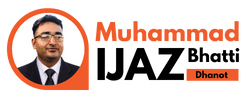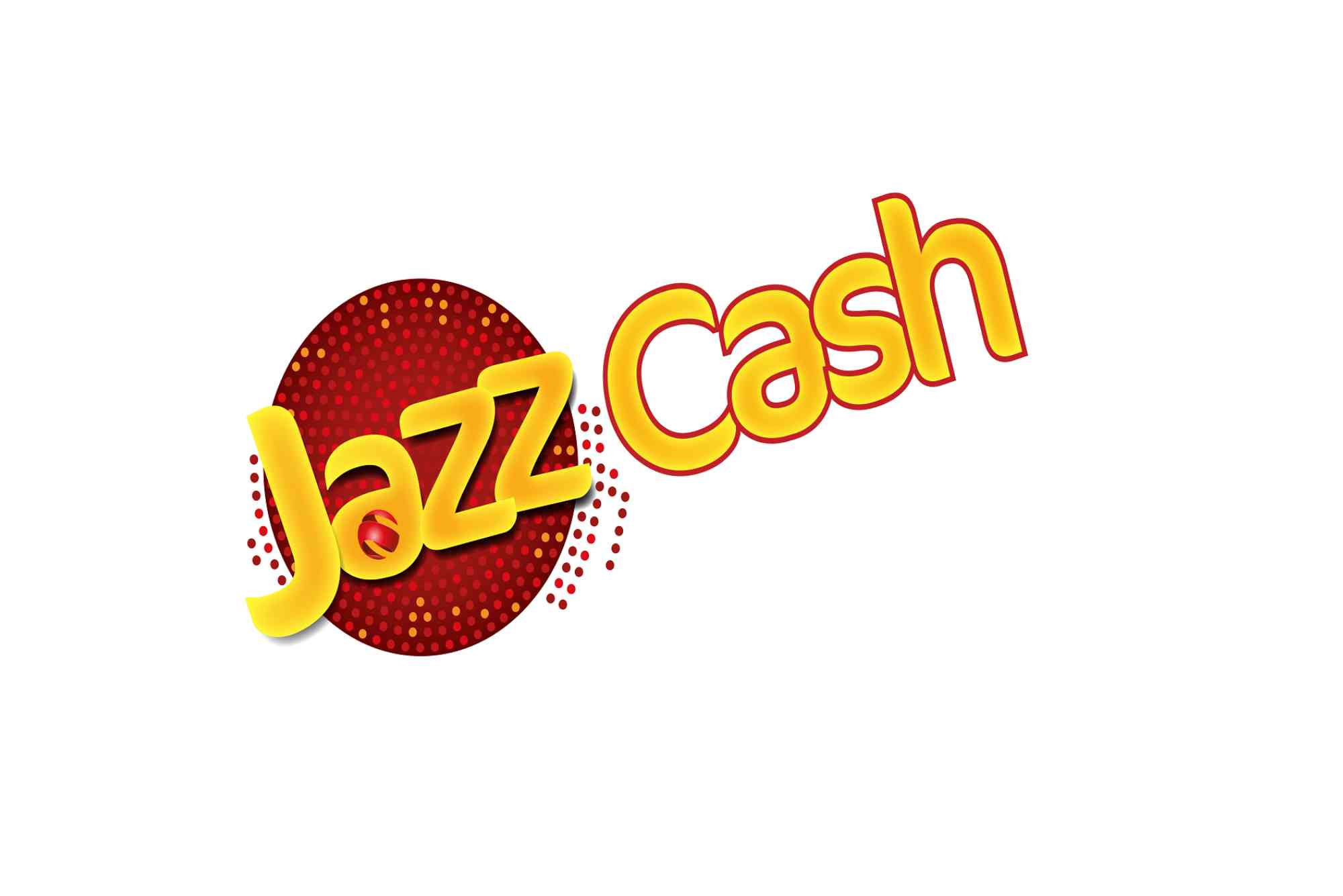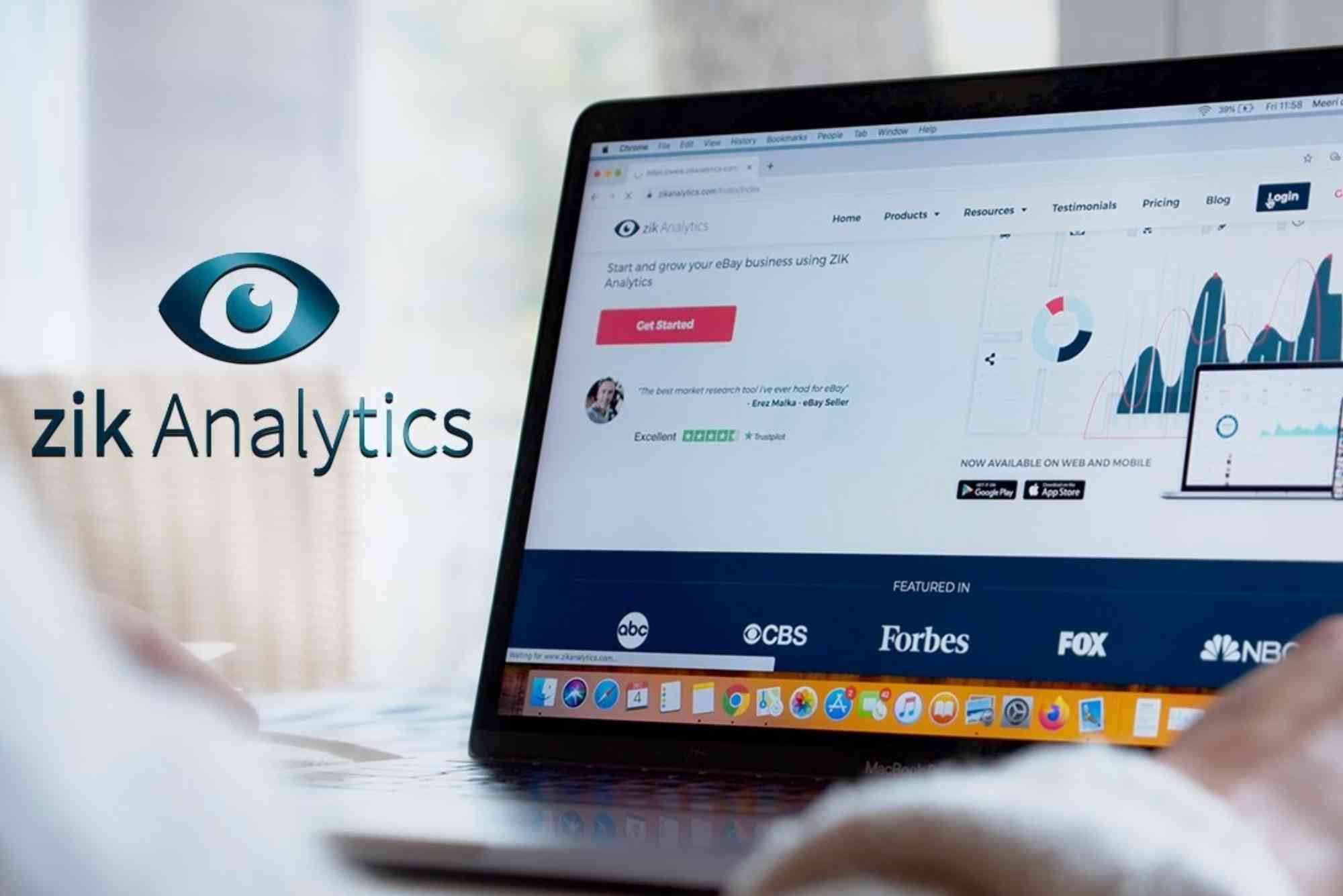What Is On Page SEO and Why It Matters
In today’s competitive digital landscape, search engine optimization (SEO) is the foundation of online success. Among its many facets, on-page SEO stands out as a key factor that determines how well your website performs on search engines. Whether you’re running a blog, an eCommerce store, or a business site, understanding what is on page SEO and why it matters is essential for achieving long-term visibility and growth.
On-page SEO, also known as on-site SEO, refers to all the optimizations you make directly on your website to help search engines understand your content and rank it better. It involves refining elements like content, meta tags, headers, internal links, and overall user experience. Done correctly, on-page SEO can help your website attract qualified traffic, improve dwell time, and enhance conversion rates.
Understanding What Is On Page SEO
To grasp the importance of on-page SEO, it helps to start with a clear definition. On-page SEO refers to the process of optimizing individual web pages to rank higher and earn more relevant traffic in search engines. Unlike off-page SEO—which focuses on backlinks and external signals—on-page SEO deals with everything you can control within your site’s structure and content.
Search engines like Google analyze multiple on-page factors to determine whether a page is relevant to a user’s query. These factors include keyword usage, HTML tags, title tags, image optimization, URL structure, and content quality. By optimizing these elements, you help search engines interpret your content’s context and ensure it aligns with search intent.
The Core Goal of On Page SEO
The main goal of on-page SEO is to make your website user-friendly and search engine-friendly at the same time. Search engines aim to deliver the best possible results to users, and on-page SEO ensures your pages provide that quality. When your website is optimized, it communicates clearly to Google’s algorithms that your content deserves to rank higher.
Why On Page SEO Matters for Every Website
Many business owners underestimate how much on-page SEO contributes to their overall digital success. The truth is that without proper on-page optimization, even the best content may struggle to reach its target audience.
It Helps Search Engines Understand Your Content
Search engines are intelligent, but they still rely on signals from your website to determine meaning and relevance. On-page SEO sends those signals clearly. Using structured data, meta descriptions, and targeted keywords helps Google index your content accurately. For instance, if your page clearly defines what is on page SEO, search engines will know exactly when to show it to users searching for that phrase.
It Improves User Experience
Modern SEO is not just about pleasing algorithms; it’s also about improving user experience. Fast-loading pages, clean layouts, and logical content structure all make visitors stay longer. Google notices this engagement and rewards such sites with better rankings. When users find your content informative, they’re more likely to share it or return, which further boosts your site’s credibility.
It Builds Credibility and Trust
Proper on-page SEO helps establish your brand as a trustworthy authority in your niche. By creating high-quality, accurate, and helpful content that answers users’ questions, your website earns credibility in the eyes of both users and search engines. When you combine this with strategic keyword optimization and clear navigation, you create a strong foundation for organic growth.
It Boosts Click-Through Rates (CTR)
A compelling title tag and meta description can make all the difference in attracting clicks from search engine results pages (SERPs). Well-optimized meta data not only tells users what your page is about but also persuades them to visit your site. High CTRs are a strong indicator of relevance and can further improve your ranking positions.
It Lays the Groundwork for Other SEO Efforts
Without strong on-page SEO, off-page strategies like link building or social promotion will yield limited results. A well-optimized site ensures that any external efforts—like backlinks or social mentions—are fully leveraged. In short, on-page SEO is the foundation upon which all other SEO tactics are built.
Key Elements of Effective On Page SEO
Understanding what is on page SEO is only the beginning. You also need to know which elements to optimize. Each component contributes to how search engines and users perceive your content.
High-Quality Content
Content remains the cornerstone of on-page SEO. Search engines prioritize content that provides real value, depth, and accuracy. Aim to create original, well-structured articles that answer user queries comprehensively. Include the main keyword naturally throughout your content, maintaining a 1–2% keyword density.
Engage your readers with subheadings, bullet points, and examples. Add relevant multimedia like images or infographics to enhance readability. Most importantly, ensure your content aligns with user intent—whether it’s informational, navigational, or transactional.
Title Tags and Meta Descriptions
Your title tag is the first thing users see in search results. Make it descriptive, keyword-rich, and engaging. A strong meta description, on the other hand, provides a concise summary of what users will find on the page. Together, these elements influence both ranking and CTR.
Header Tags
Using proper header tags helps structure your content logically. The H1 tag should contain your main keyword—like “what is on page SEO”—and describe the topic of the page. Subsequent headers (H2, H3) help break down content into sections, improving readability and accessibility.
URL Structure
Short, clean, and descriptive URLs perform better than long, complicated ones. A well-structured URL not only helps search engines understand your content but also improves user experience. For example, a URL like yourdomain.com/what-is-on-page-seo is far more effective than one filled with random characters.
Image Optimization
Images can enhance engagement but may slow down page load times if not optimized. Use compressed image formats and include descriptive alt text for each image. Alt text not only improves accessibility for visually impaired users but also provides search engines with additional context.
Internal Linking
Internal linking guides users through your website and helps search engines crawl it efficiently. For example, if you need SEO Expert Help, visit this page. Linking relevant pages together strengthens your site architecture and helps distribute page authority across your domain.
Mobile Friendliness and Page Speed
In the mobile-first indexing era, having a responsive design is non-negotiable. Google prioritizes mobile-optimized websites that load quickly and function smoothly across all devices. Use tools like Google PageSpeed Insights to analyze your website’s performance and make improvements where needed.
Schema Markup and Structured Data
Structured data helps search engines better understand your content, which can lead to enhanced search results like featured snippets, ratings, or FAQs. Implementing schema markup boosts your chances of standing out in search results and attracting more clicks.
On Page SEO Best Practices for 2025
SEO evolves constantly, and staying ahead requires adapting to current best practices. Here are some strategies to keep your on-page SEO effective in 2025:
-
Prioritize user intent when creating content.
-
Optimize for featured snippets and voice search.
-
Regularly update old content to maintain freshness.
-
Add internal links to authoritative resources like the HubSpot SEO Blog.
-
Ensure your website’s technical foundation (speed, security, mobile design) remains solid.
Common Mistakes to Avoid in On Page SEO
Even experienced marketers make mistakes that can hinder their results. Avoid these pitfalls:
-
Overusing keywords or “keyword stuffing.”
-
Using duplicate or thin content.
-
Ignoring title tags, meta descriptions, or alt text.
-
Failing to update outdated information.
-
Having broken internal links or poor navigation.
Each of these mistakes can dilute your SEO performance and reduce your site’s visibility. Regular audits help catch and correct such issues early.
FAQs
What is the difference between on-page and off-page SEO?
On-page SEO focuses on optimizing elements within your website, such as content, titles, and meta tags. Off-page SEO involves external factors like backlinks and social signals.
How long does it take to see results from on-page SEO?
Typically, noticeable improvements can appear within 2 to 3 months, depending on your competition, content quality, and domain authority.
Is on-page SEO still important in 2025?
Absolutely. Even with evolving algorithms, on-page SEO remains the foundation of all successful optimization strategies. Search engines still rely on well-structured, relevant, and user-friendly content.
Do I need to hire an expert for on-page SEO?
While basic on-page SEO can be learned, professional expertise ensures every detail is optimized correctly. If you need guidance, consider getting SEO Expert Help from specialists who can tailor strategies for your business.
How often should I update my on-page SEO?
Regular updates every 3–6 months help maintain content relevance, adapt to new ranking factors, and ensure optimal performance.
Understanding what is on page SEO is no longer optional—it’s essential for online success. On-page SEO is the bridge between your content and your audience. It ensures that search engines understand what your page offers and that users find it valuable. Without it, your website risks getting lost in the vast ocean of online competition.
By mastering on-page SEO elements like content quality, title tags, meta descriptions, and internal links, you can build a strong foundation for long-term growth. Whether you’re a blogger, entrepreneur, or digital marketer, the time you invest in on-page SEO will always yield valuable returns.







